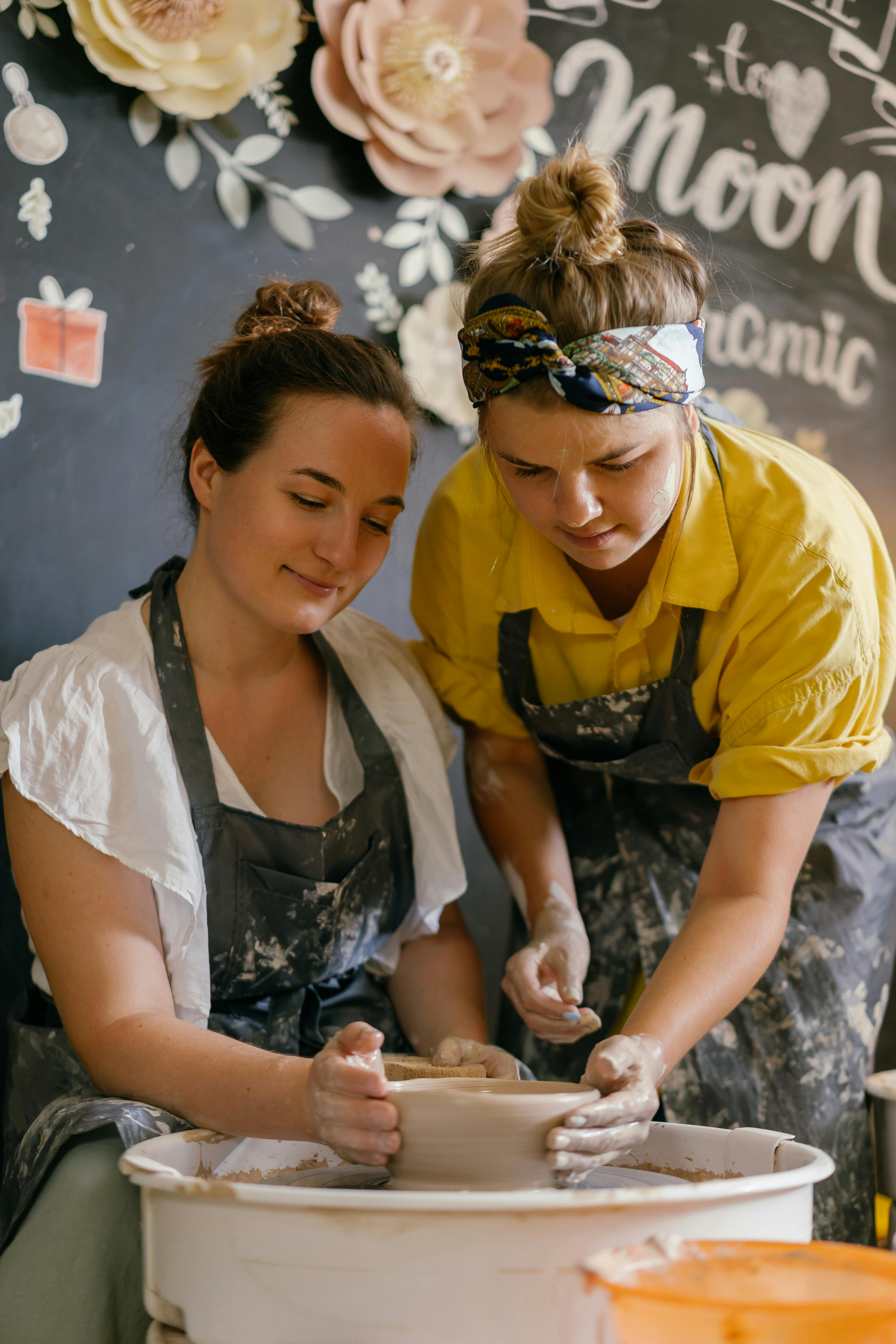Having lived and worked in France for most of my adult life, and running a small business helping people with all things admin, it seems a logical progression to write a blog. I’m guessing that only time will tell about the type of subjects that I will cover in this blog, but you can rest assured that it will be related to living and working in France! I am passionate about all things to do with culture and social etiquette, and I especially love exploring the differences that can be found between my country of origin and my adopted country that i have chosen to live in. This combined with new information, rules and regulations and advice, gives me a wealth of material to write about!
Having recently published my first book on amazon I will, no doubt, share some snippets from the book, and also from our assistance packs to get going. Although i am brimming with ideas, sometimes, i need to be kept on track, so i hope that you, my wonderful readers, will interact, comment, make suggestions about topics you would like me to cover and generally get involved!
Lets talk about …………
To start off, here is a little exert from the introduction to my book that I thought we could explore a little more.
“France is renowned for its lovely weather, iconic landmarks, beautiful architecture, and world-famous food. To enjoy your experience to the fullest, it goes without saying that the most important thing you can do before making the move is to learn as much about the language as possible. Speaking perfect French is not essential but being prepared to have a go and having a few key phrases at your disposal will make all the difference. I truly believe that speaking fluent French when it is not your native language is almost impossible. 90% of my daily life is in French, but I don’t consider myself truly bilingual as I am sure that I will be perfecting the language for the rest of my life, and the sense of achievement and enrichment this brings with it is amazing“.

Learning another language can be intimidating. I didn’t speak a word of French when I arrived, all those years ago, and life was very different then. Before the dreaded Brexit, it was easy to just pack a bag into the car, and drive wherever the wind took you. I started my French language “apprenticeship” working on a farm, picking asparagus and collecting plums for drying. In many ways, it was a huge cultural shock from life in the Cotswolds’ countryside that i had before. At the tender age of 22, it seemed like a permanent holiday, but looking back, it was hard, physical work!
The family I was working for were a very traditional family living a rural lifestyle. The working day started at 8 am, not with work, but with breakfast! A large bowl of coffee was served by the mother and accompanied by cold cuts of meat, cheese and of course, baguette and butter. Once the coffee was finished, the bowl was replenished with home made red wine which was quickly downed, and then out to work! During working hours, much time was spent with the brothers desperately trying to engage in conversation with me. Gradually I learnt words, mostly related to the activity I was doing of course, and improved my range of vocabulary, but putting together a proper sentence was still way out of my grasp.
Being such a traditional family, the whole day revolved around food. While we were out working, Mother would spend the whole morning preparing lunch. I was, right from the first day, and despite my lack of French, treated as one of the family. Lunch was a massive deal. At 12 sharp, we would all down tools and head to the kitchen. We would be offered an aperitif while the brothers tried (mostly with no success) to answer the questions quicker than the participants of the lunchtime gameshow on TF1, while Mother served the soup. This was always followed by meat and an accompaniment of some sort, cheese and then coffee. All sloshed down with copious amounts of the famous home made red wine.
While we were enjoying the wonderful meal, once again, the family would make endless attempts to converse with me. Once lunch was finished, everyone would have a quick “sieste” for 30 mins and then head back out to the fields. At 4pm “goûter” was brought out by the mother which consisted of a refreshing, cold drink and a snack of some sort. The working day ended at 6pm, and I was required to have a drink before leaving for the day. After 2 months of this routine, my vocabulary was improving no end, and I thought my level of French was really starting to improve.
At this point, came the curve ball!!
As my confidence started to grow, the subjects I was able to ‘discuss’ began to grow. Proud of my wonderful language skills, i began to get more adventurous. At this point, the brothers, found it very amusing to speak in their ‘native’ tongue. Not French as you might imagine, but the local Patois. This is a local dialect, that has such diverse influences and despite what you may think, has very little resemblance to French was impossible to understand and my confidence took a real battering!
Not to be deterred, as this is not in my nature, I kept battling on, and by the end of the summer, i began to actually make some sense. Being a chatter box and wanting to be able to make myself understood – mostly because I always think i’m right! – I was determined to communicate effectively. Looking back now, I realise how little i knew, but i also appreciate what a wonderful time of discovery I was experiencing.
Today, 20 plus years later, I consider myself fluent in French. I live with a French partner, we talk French at home and watch French telly, I have qualifications achieved in France and a French language diploma, but i would never go as far as to think that I am truly bilingual. As I said in the book, when it is not your native language, I believe with all my heart, that we will spend the rest of our lives perfecting the language.
This should not be seen as a negative. I think it is immensely positive and extremely enriching to know and embrase this fact! It keeps me motivated to improve, and help others improve too. So, no matter what your level of French, just try! Put yourself into social situations where you can hear the language, and you will soon surprise yourself how many words you can pick out, or how much you understand. At every opportunity, listen to French television or radio, watch films either in French or with subtitles, and you will be amazed how quickly it starts to make sense.
On a final note, please be reassured that even the French, on the whole have a lot of disagreements about their language! Ask 10 people to spell check a document, and you will get 10 different versions!!! So making mistakes is not a big deal! Its the “having a go” that makes the difference, and if you do this, you will be accepted with open arms!






